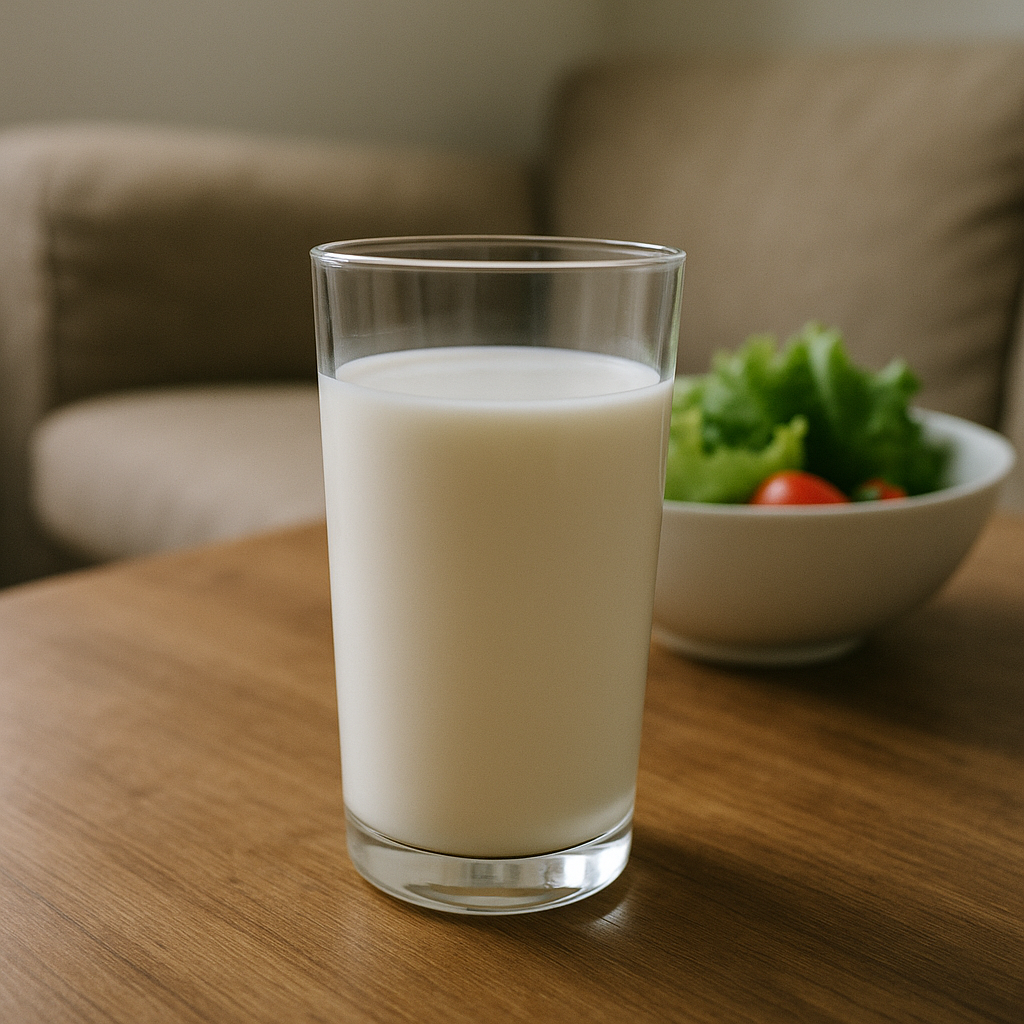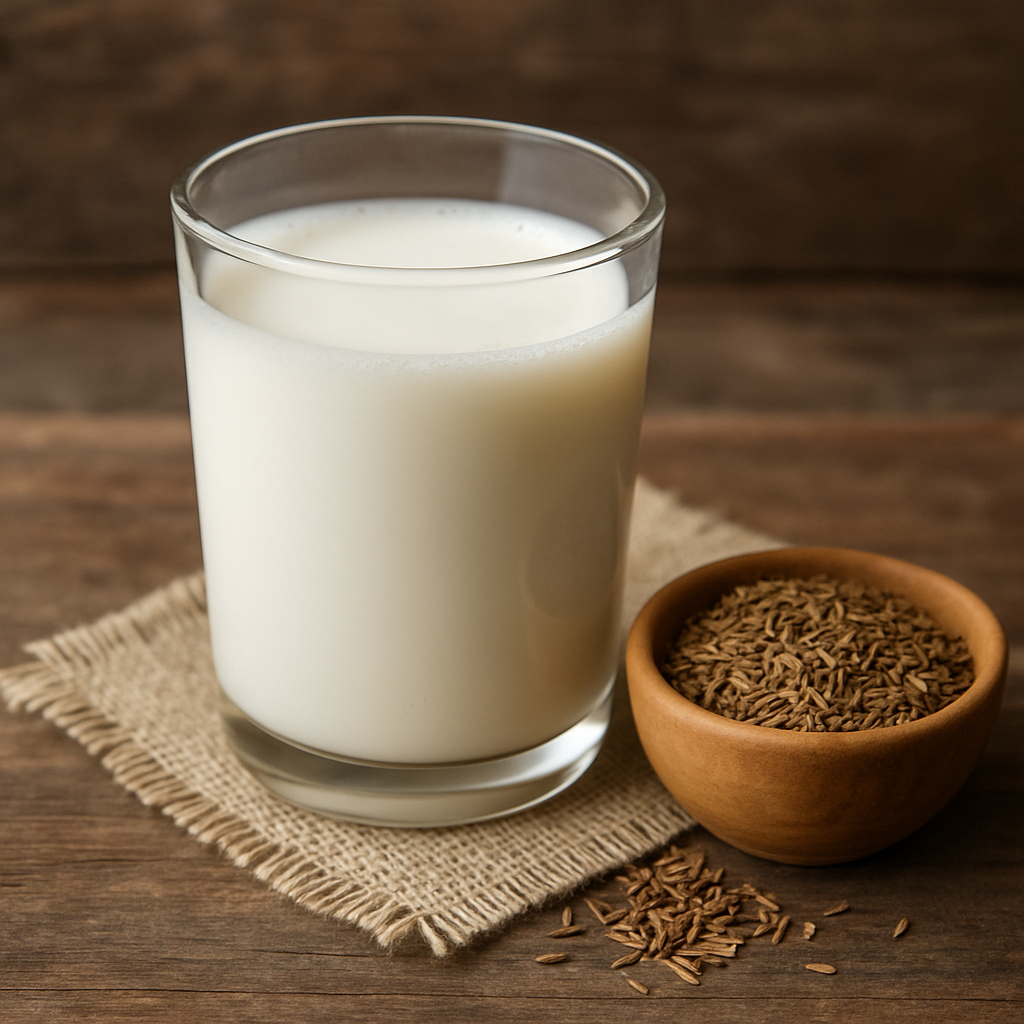Is Milk Good for Piles?

When you’re struggling with piles (also called hemorrhoids), the last thing you want is confusion about your diet. Some say milk helps, others claim it makes things worse. So what’s the real deal—is milk good for piles or not?
To be honest, there’s no one-size-fits-all answer. Every body reacts differently, but there are clear patterns in how milk affects digestion, inflammation, and bowel movements. Since piles are mostly related to digestive issues and strain during passing stool, your diet plays a major role in healing—or worsening—the condition.
In this guide, we’ll dive deep into what Ayurveda and modern health say about milk in piles, the benefits and potential downsides, and answer the big question: can we drink milk in piles or is it something to avoid? Whether you’re searching to find out milk is good for piles or not, or just curious about which milk is good for piles, you’re in the right place. Let’s dig in.
Can We Drink Milk in Piles? What Ayurveda Says
In Ayurveda, diet is a big deal when it comes to managing piles (called "Arsha" in Sanskrit). Milk, especially warm milk, is often considered soothing and balancing for aggravated doshas—but context matters.
Ayurvedic texts don’t give a blanket yes or no answer to can I drink milk in piles, but they do emphasize preparation and timing. For instance, drinking warm milk with ghee for piles is a common remedy. Ghee helps lubricate the digestive tract, easing bowel movements, and reducing strain—one of the biggest culprits behind piles.
But here’s the catch. If you're already constipated, cold or heavy milk can actually worsen your symptoms. That’s why Ayurveda suggests combining milk with herbs or ghee rather than drinking it plain, especially during flare-ups. So in short: drinking milk in piles is allowed, but the “how” is just as important as the “if.”

Milk and Piles: Benefits or Digestive Burden?
Now from a more modern, digestive-health point of view, milk is a bit controversial when it comes to piles.
On one hand, milk contains nutrients like calcium and vitamin D, which are essential for tissue repair. On the other, it can be heavy on the gut—especially if you’re lactose intolerant or sensitive, which many people don’t even know they are!
Some folks notice bloating or irregular bowel movements after drinking milk, which can worsen piles. So, milk and piles can be a helpful combo only if your digestive system handles dairy well.
But again, it’s not just about drinking a cold glass of milk at any time of day. For example, a gentle glass of warm milk with ghee for piles at bedtime might support smoother digestion overnight. Meanwhile, gulping down cold milk with sugary cereals in the morning? That might do more harm than good.
Which Milk Is Good for Piles and How to Use It
Here’s where things get interesting. Not all milk is created equal, especially when you’re dealing with piles.
Warm Milk with Ghee for Soothing Relief
This traditional Ayurvedic combo is a game-changer for many. Ghee acts like a natural laxative and softens the stool, while warm milk soothes the intestinal lining.
Just warm up a cup of milk (don’t boil it), stir in 1 teaspoon of ghee, and drink it before bed. Some people swear by this for relieving pain and improving bathroom habits in just a few days. It’s not magic, but it feels close, honestly.
Be careful though—not all bodies react the same. If you feel heavier or notice more bloating, stop or reduce the amount of ghee.
Buttermilk and Lemon for Digestion Support
If you're wondering about buttermilk for piles, here's some good news: it's one of the best dairy-based options you can choose. In Ayurveda and even modern digestive health circles, buttermilk is often praised for its cooling, probiotic-rich qualities. Unlike regular milk, buttermilk is light, easy to digest, and even helps promote healthy gut flora—which is a big plus if you’re constipated or prone to indigestion.
What makes it even more effective is adding a squeeze of lemon and a pinch of roasted cumin or black salt. The combination not only boosts digestion but also reduces bloating, which can ease the pressure that leads to or worsens piles.
So yes, if you're still asking which milk is good for piles, buttermilk might be your golden ticket. And no, don’t worry—milk and lemon for piles doesn’t curdle here, since buttermilk is already fermented. It’s kind of a digestive tonic in disguise.

Alternatives to Milk During a Piles Episode
Alright, so what if you're sensitive to dairy or just want to play it safe during a painful flare-up?
Sometimes, the answer to can we drink milk in piles is simply: not right now. That doesn’t mean forever, but if milk bloats you or worsens your symptoms, there are gentler options.
Here’s a short list of alternatives to consider:
-
Coconut milk: Light, cooling, and doesn’t cause heaviness. Not bad when your digestion is on edge.
-
Almond milk: Rich in fiber and vitamin E, and usually easier on the gut than dairy milk.
-
Oat milk: Mild and soothing, and it may help regulate your bowel movements if you’re struggling with irregularity.
Just make sure to avoid commercial versions with added sugar, gums, or preservatives. Those can actually mess with your gut more than you’d think.
Also worth noting: hydration is everything when you’re healing piles. No matter which milk (or milk-like drink) you go for, water and fiber-rich foods are your first defense.
Conclusion
So, what’s the verdict—is milk good for piles or not?
Well, it depends. If your digestion is in decent shape and you use the right kind of milk (hello, buttermilk and warm milk with ghee), it can absolutely help. But if you’re already bloated, constipated, or dairy-sensitive, drinking milk in piles might do more harm than good.
When in doubt, go the Ayurvedic way: warm, spiced, and simple. Combine milk with ghee or herbs, use buttermilk for piles with lemon and cumin, and most importantly—listen to your body.
Because honestly, there's no miracle drink. But the right one can make a difference.
FAQs
Is it okay to drink milk if I have bleeding piles?
This one's tricky. If you're dealing with bleeding piles, it's usually best to tread carefully with milk. While milk for piles in general isn’t harmful, bleeding may indicate inflammation or irritation, and dairy could make things worse—especially if you're lactose intolerant (which a lot of folks are without knowing it). Instead, go for lighter options like buttermilk with lemon and a pinch of cumin, which supports digestion without adding too much heaviness to your gut.
That said, if you're used to warm milk with ghee for piles and it doesn’t cause any discomfort, it can actually help soothe the intestines and support easier bowel movements. Always listen to how your body reacts, and maybe don’t go overboard right away.
What’s the difference between milk and buttermilk in piles?
Big difference! Milk is heavier, can cause mucus formation, and may lead to bloating—especially if it’s cold or combined with sugary cereals or processed foods. On the other hand, buttermilk for piles is cooling, light, and rich in probiotics. It helps with digestion, reduces acidity, and supports a healthy gut.
Think of milk as more of a “maybe” and buttermilk as a “yes, please”—especially during active symptoms.
Also, if you’re wondering whether milk and lemon for piles is okay—don’t mix raw milk and lemon directly. That could curdle in the stomach and cause discomfort. Stick to buttermilk and lemon, which is fermented and safe.
Can I take milk at night if I have piles?
Yes, you can drink milk at night in piles, but make sure it’s warm and ideally taken with a teaspoon of ghee. That combo helps lubricate your intestines and supports smoother bowel movements in the morning. Just avoid drinking it cold or combining it with heavy meals—those can actually make your symptoms worse.
Also, timing matters. Drink it at least 30–60 minutes after dinner to give your body time to process.
Final Thoughts
So, after all this, where do we land on the question: milk is good for piles or not? The answer is... sometimes yes, sometimes no. Like so much in health, it depends on your individual digestion, timing, and what kind of milk we’re talking about.
Here’s a quick recap:
-
Can we drink milk in piles? Yes, if it’s warm, combined with ghee, and not causing you bloat.
-
Which milk is good for piles? Buttermilk comes out on top, especially when enhanced with lemon or spices.
-
Should you avoid milk during piles flare-ups? If it triggers discomfort, try dairy alternatives or stick to water and fiber until things calm down.
The key is to listen to your body and not just follow one-size-fits-all advice.
And hey—if this article helped you even a little, pass it on. Piles are more common than people admit, and honestly, something as simple as the right drink at the right time can make a big difference.
Got any more questions?
Ask Ayurvedic doctor a question and get a consultation online on the problem of your concern in a free or paid mode.
More than 2,000 experienced doctors work and wait for your questions on our site and help users to solve their health problems every day.

